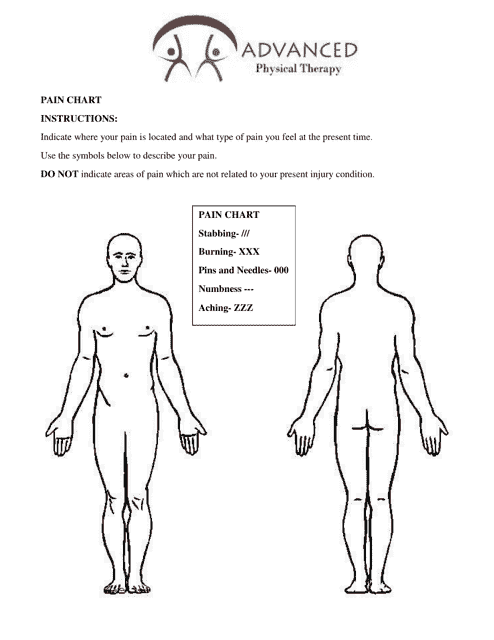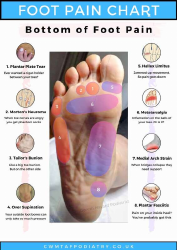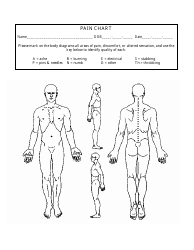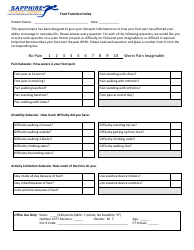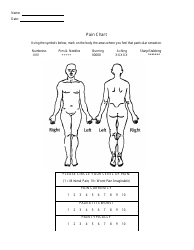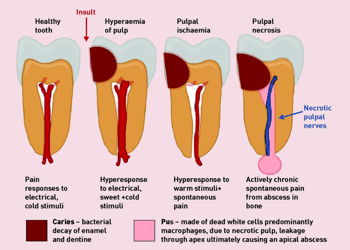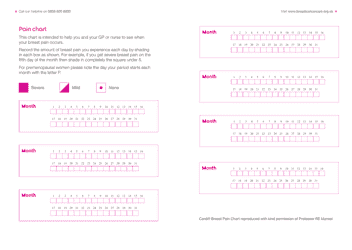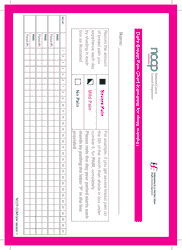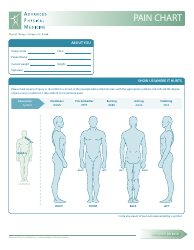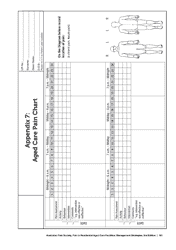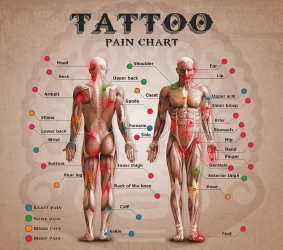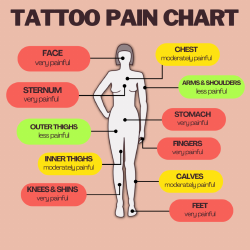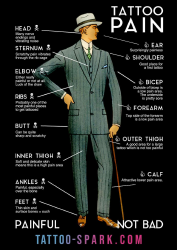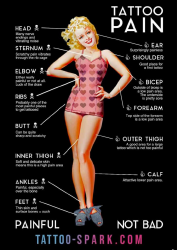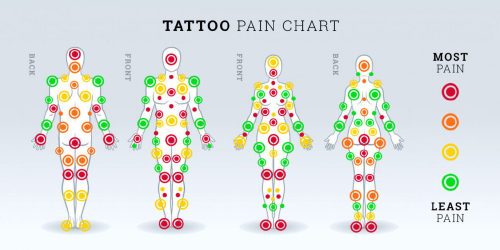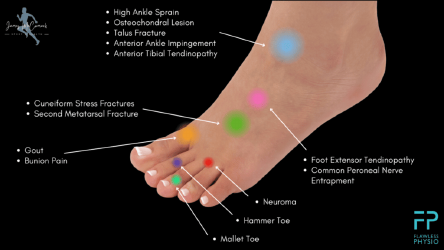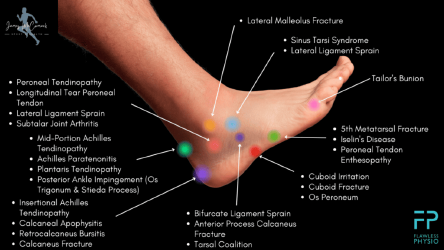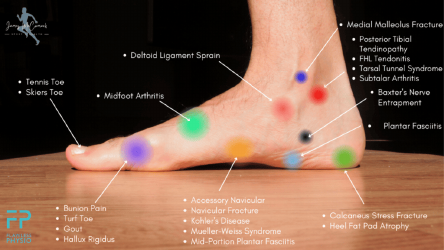Pain Chart
A Pain Chart is a tool used by healthcare providers to assess and track the level of pain experienced by a patient over time. It helps doctors and nurses understand the severity and nature of pain, and guide treatment decisions.
FAQ
Q: What is a pain chart?
A: A pain chart is a visual tool used to assess and track levels of pain.
Q: How does a pain chart work?
A: A pain chart typically uses a numerical or color-coded scale to represent different levels of pain.
Q: What are the different levels of pain on a pain chart?
A: Pain charts usually range from 0 to 10, with 0 representing no pain and 10 representing the worst pain imaginable.
Q: Why is a pain chart important?
A: A pain chart helps healthcare providers understand and monitor a patient's pain levels, which can guide treatment decisions and interventions.
Q: Who uses a pain chart?
A: Healthcare providers use pain charts to assess and manage pain in their patients.
Q: Are pain charts used for all types of pain?
A: Pain charts can be used for various types of pain, including acute and chronic pain.
Q: Can pain charts be subjective?
A: Pain charts can be subjective to some extent, as pain is a personal experience. However, they provide a standardized tool for communication and assessment.
Q: Do pain charts replace verbal communication about pain?
A: No, pain charts are used in conjunction with verbal communication to gather comprehensive information about pain levels.
Q: Can pain charts be used in self-assessment?
A: Yes, individuals can use pain charts for self-assessment and monitoring of their own pain levels.
